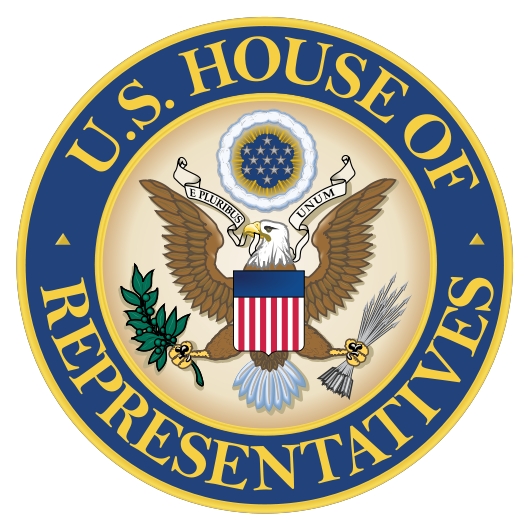 The Committee on Energy and Commerce of the U.S. House of Represenatives has prepared, for all 435 congressional districts, a district-level analysis of the impact of health care reform legislation. This analysis includes information on the impact of the legislation on families, small businesses, seniors in Medicare, health care providers, and the uninsured.
The Committee on Energy and Commerce of the U.S. House of Represenatives has prepared, for all 435 congressional districts, a district-level analysis of the impact of health care reform legislation. This analysis includes information on the impact of the legislation on families, small businesses, seniors in Medicare, health care providers, and the uninsured.The bill caps annual out-of-pocket costs at $6,200 for individuals and $12,400 for families who purchase insurance through the exchange or who are insured by small businesses. It also eliminates annual and lifetime limits on all insurance coverage. These changes mean no family will have to face financial ruin because of high health care costs.
The highlights from the report on MN's Second District, Represented by Republican John Kline:
- Improve coverage for 578,000 residents with health insurance.
- Give tax credits and other assistance to up to 117,000 families and 16,300 small businesses to help them afford coverage.
- Improve Medicare for 75,000 beneficiaries, including closing the donut hole.
- Guarantee that 5,800 residents with pre-existing conditions can obtain coverage.
- Protect 1,200 families from bankruptcy due to unaffordable health care costs.
- Allow 57,000 young adults to obtain coverage on their parents’ insurance plans.
- Reduce the cost of uncompensated care for hospitals and other health care providers by $43 million annually.
Tax credits for truly small businesses:
Small businesses with 25 employees or less and average wages of less than $50,000 will qualify for tax credits of up to 50% of the costs of providing health insurance. There are up to 16,300 small businesses in the district that could qualify for these credits.
Curious how other districts will fare? The full report is at: Benefits of Health Care Reform, District by District Impact, where the Committee notes the cost of health care reform under the legislation as currently formulated is:
"...fully paid for, in large part by eliminating waste, fraud, abuse, and excessive profits for private insurers. The legislation will reduce the deficit by $130 billion over the next ten years, and by about $1.2 trillion over the second decade."

No comments:
Post a Comment